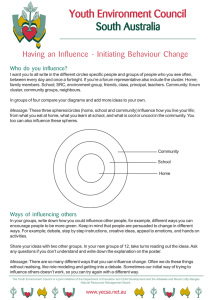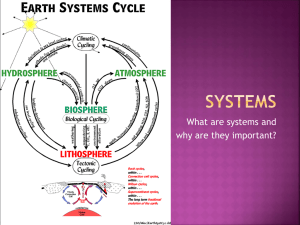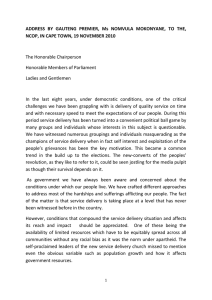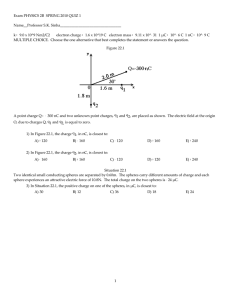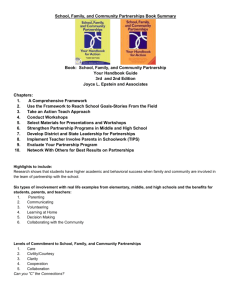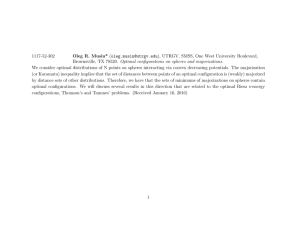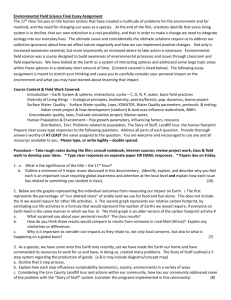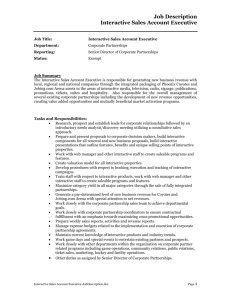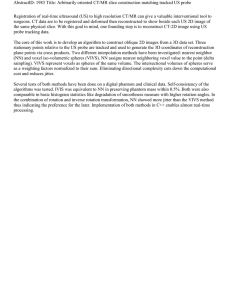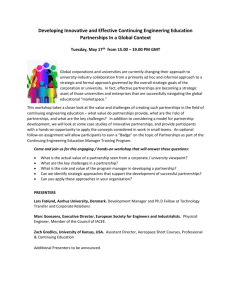Ten Truths About Parent Involvement in School
advertisement
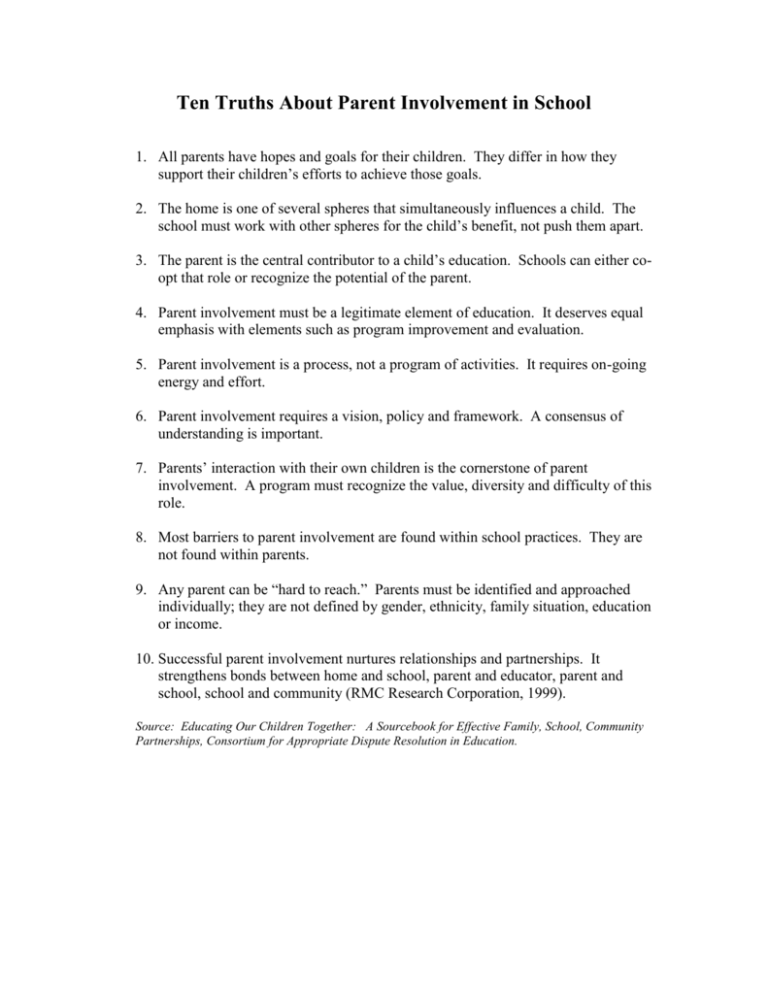
Ten Truths About Parent Involvement in School 1. All parents have hopes and goals for their children. They differ in how they support their children’s efforts to achieve those goals. 2. The home is one of several spheres that simultaneously influences a child. The school must work with other spheres for the child’s benefit, not push them apart. 3. The parent is the central contributor to a child’s education. Schools can either coopt that role or recognize the potential of the parent. 4. Parent involvement must be a legitimate element of education. It deserves equal emphasis with elements such as program improvement and evaluation. 5. Parent involvement is a process, not a program of activities. It requires on-going energy and effort. 6. Parent involvement requires a vision, policy and framework. A consensus of understanding is important. 7. Parents’ interaction with their own children is the cornerstone of parent involvement. A program must recognize the value, diversity and difficulty of this role. 8. Most barriers to parent involvement are found within school practices. They are not found within parents. 9. Any parent can be “hard to reach.” Parents must be identified and approached individually; they are not defined by gender, ethnicity, family situation, education or income. 10. Successful parent involvement nurtures relationships and partnerships. It strengthens bonds between home and school, parent and educator, parent and school, school and community (RMC Research Corporation, 1999). Source: Educating Our Children Together: A Sourcebook for Effective Family, School, Community Partnerships, Consortium for Appropriate Dispute Resolution in Education.


